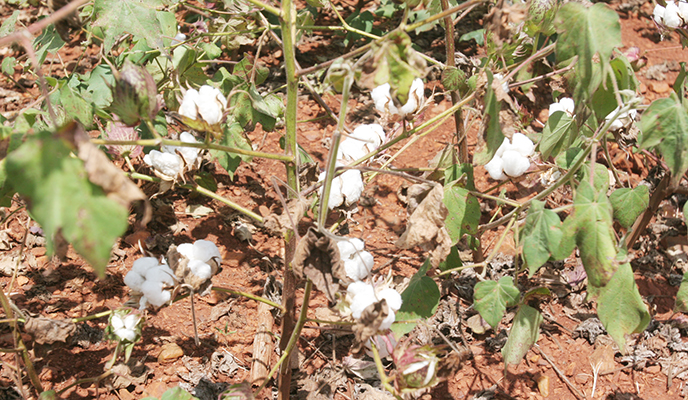
BY HARRIET CHIKANDIWA
Liquidity challenges and unsustainably high producer prices continue to plague the cotton industry, making operations difficult, stakeholders told a consultative meeting.
The meeting, held on Monday, was organised by the Agriculture Marketing Authority (AMA) and attended by ginners, merchants and spinners.
The government pegged the cotton producer price at $43,94 per kilogramme for the current marketing season.
However, lack of liquidity has affected cotton buyers with several merchants failing to pay the farmers.
Merchants told the meeting that banks have been unwilling to fund the industry.
According to Statutory Instrument 150 of 2008, merchants are required to get offshore payments to buy cotton.
One merchant said: “Pricing was out of hand, it came as a shock. No company was able to pay that price. We are bankrupt. Government support is urgently required to save the cotton industry.
- Chamisa under fire over US$120K donation
- Mavhunga puts DeMbare into Chibuku quarterfinals
- Pension funds bet on Cabora Bassa oilfields
- Councils defy govt fire tender directive
Keep Reading
“There is also need for multi-stakeholder engagement in coming up with the producer price.”
The late announcement of the producer price this year, coupled with the inadequacy of bank facilities further compounded the difficult situation.
At the meeting, it was agreed to set up a consultative forum that brings all stakeholders to determine the producer price.
The national crop estimate for cotton this year is 101 million kg and as of last week, a total of 82 million kg had been sold.
This year, AMA employed clerks at its 300 buying points around the country to curb malpractices in cotton buying.
The industry is also bedevilled with payment challenges, with farmers failing to receive their payment on time mainly due to lack of bank accounts.
Merchants have resorted to paying them using groceries.
AMA said it had taken note of these challenges and forwarded reports to the relevant authorities.
AMA chief executive Clever Isaya said: “Cotton is strategic to the economy, creating income for many smallholder farmers and also a lot of downstream employment. Thus, there is need for it to be adequately supported to curb challenges that are hampering its operations.”
Cotton seed is used in production of livestock feeds such as haste and cake.











